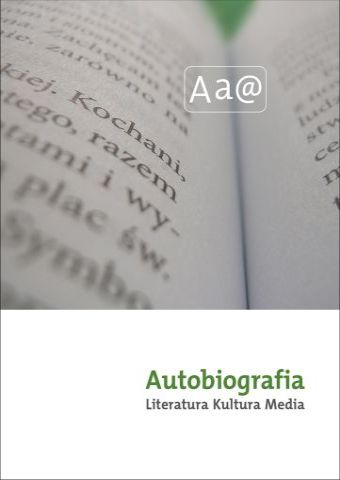






| Authors: |
Anna
Rozenfeld
Uniwersytet Warszawski, Polskie Towarzystwo Studiów Jidyszystycznych, Zentrum Jüdische Studien Berlin-Brandenburg |
| Keywords: | Yiddish language Yiddish radio (broadcasting) Yiddish culture Yiddish songs Jewish identity multilingualism/Jews egodocuments |
| Data publikacji całości: | 2017 |
| Page range: | 17 (171-187) |
| 1. | Birnbaum, Solomo. Grammatik der jiddischen Sprache. Hamburg: Buske, 1984. |
| 2. | Dekker, Rudolf M. „Egodocumenten. Een literatuuroverzicht”. Tijdschrift voor geschiedenis 101 (1988): 161–189. |
| 3. | Estraikh, Gennady. Soviet Yiddish: Language Planning and Linguistic Development. Oxford: Clarenedon Press, 1999. |
| 4. | Fishman, Joshua A. „Language: Planning and Standardization of Yiddish” (2011). YIVO Encyclopedia of Jews in Eastern Europe. Dostęp 18.06.2017. http://www.yivoencyclopedia.org/article.aspx/Language/Planning_and_Standardization_of_Yiddish. |
| 5. | Hoffman-Ruf, Michaela. „Briefe als Egodokumente”. W: „Es war einfach notwendig, so und nicht anders zu schreiben.” Der Orientalist Johann Gustav Gildemeister (1812–1890) und seine Zeit, red. Michaela Hoffman-Ruf, 40. Göttingen: V&R unipress / Bonn University Press, 2014. |
| 6. | Presser, Jacques. „Memoires als geschiedbron”. W: Uit het werk van dr. J. Presser (Literair-wetenschappelijke serie), red. Marten Cornelis Brands, Jan Haak, Phillip de Vries, 277–282. Amsterdam: Athenaeum – Polak & Van Gennep, 1969. |
| 7. | Rutz, Andreas. „Ego-Dokument oder Ich-Konstruktion? Selbstzeugnisse als Quellen zur Erforschung des frühneuzeitlichen Menschen”, zeitenblicke 1 (2002), 2. Dostęp 15.06.2017. http://www.zeitenblicke.historicum.net/2002/02/rutz/index.html. |
| 8. | Schulze, Winfried. „Ego-Dokumente: Annäherung an den Menschen in der Geschichte? Vorüberlegungen für die Tagung ‚Ego-Dokumente’”. W: Ego-Dokumente. Annäherung an den Menschen in der Geschichte (Selbstzeugnisse der Neuzeit 2), red. Winfried Schulze, 28. Berlin: Akademie Verlag, 1996. |